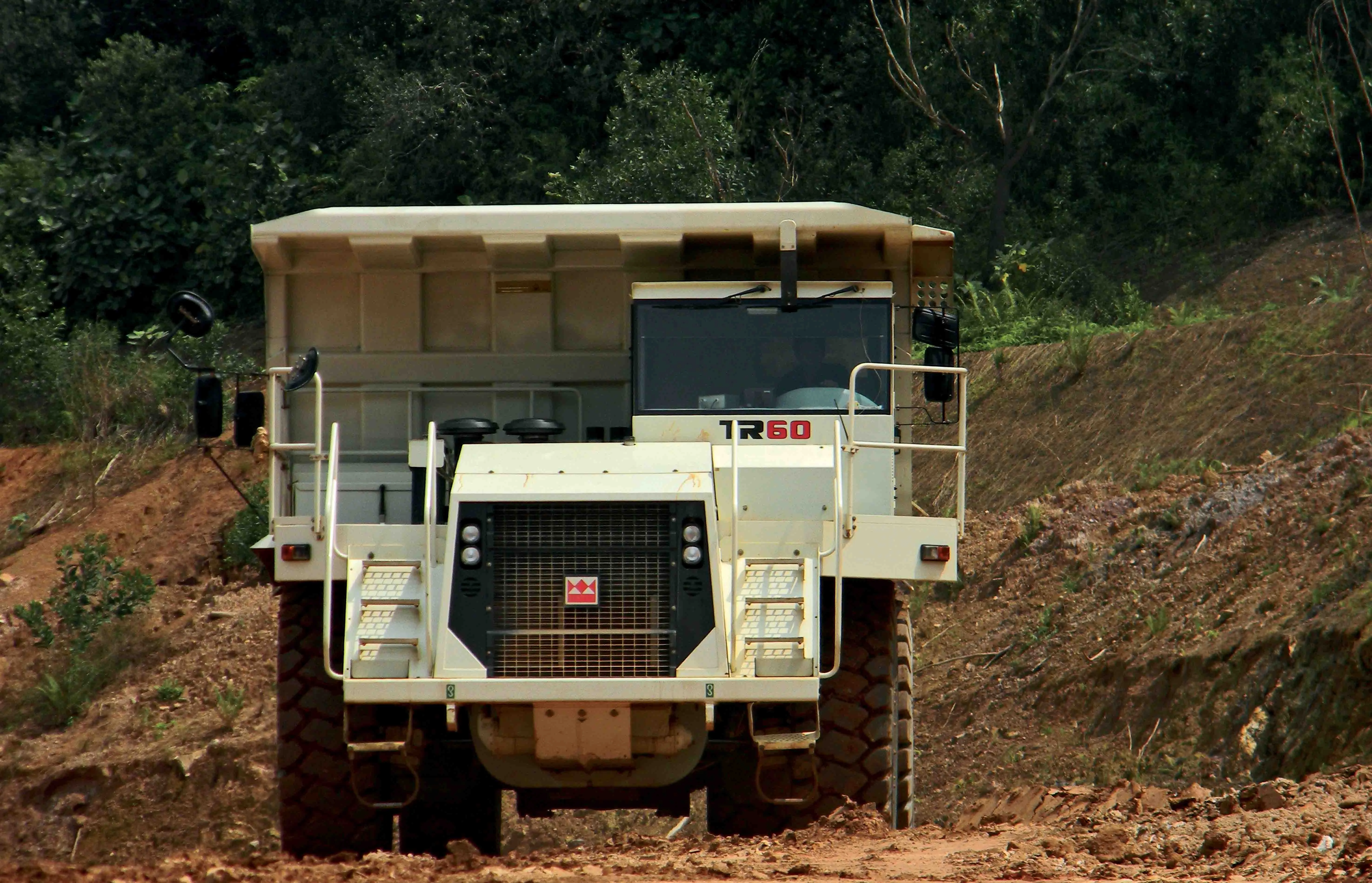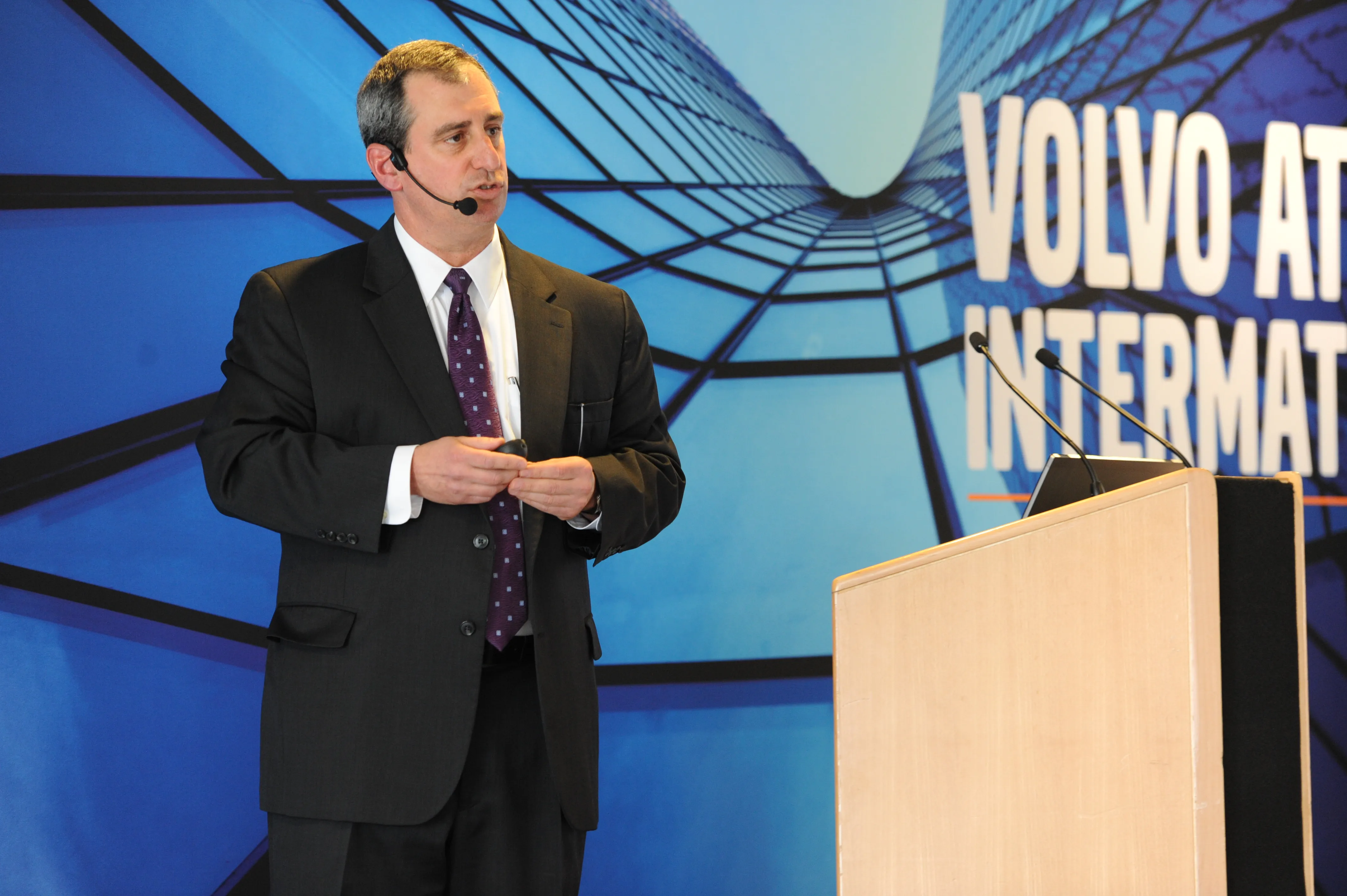Philippines-based Metro Pacific Tollways is mulling offers to invest US$600 million in a project in Vietnam’s Ho Chi Minh City.
Metro Pacific Tollways president Ramoncito Fernandez said that the investment would be made through the company’s CII Bridges and Roads Investment Joint Stock Co. (CII B&R).
“We are being offered new projects in Vietnam. We are now are evaluating a new project that will connect Ho Chi Minh to outskirts,” said Fernandez, without naming the project.
Early this year, Metro Pacific
May 15, 2015
Read time: 2 mins
Philippines-based 3195 Metro Pacific Tollways is mulling offers to invest US$600 million in a project in Vietnam’s Ho Chi Minh City.
Metro Pacific Tollways president Ramoncito Fernandez said that the investment would be made through the company’s CII Bridges and Roads Investment Joint Stock Co. (CII B&R).
“We are being offered new projects in Vietnam. We are now are evaluating a new project that will connect Ho Chi Minh to outskirts,” said Fernandez, without naming the project.
Early this year, Metro Pacific Tollways, part of infrastructure conglomerate5815 Metro Pacific Investments, made its first investment in Vietnam when it acquired a 45% interest in CII Bridges for $90 million. CII Bridges is involved in road projects in and around Ho Chi Minh, includes 17km of roads carrying 38,000 vehicles per day.
“CII is the right partner that is holding right now a good portfolio of existing roads plus potential projects in their own concession. So we are happy with the partnership and the portfolio it brings with it,” Fernandez said.
MPIC also reported net income in the first quarter 2015 was up 4% to nearly $53.9 million. Net income bounced even higher, reaching 14%, up from $49.3 million to nearly $58.4 million.
MPIC said higher income was due mainly to strong traffic growth on all roads it operates and an increased shareholding in the local Manila North Tollways Corp.
Metro Pacific Tollways president Ramoncito Fernandez said that the investment would be made through the company’s CII Bridges and Roads Investment Joint Stock Co. (CII B&R).
“We are being offered new projects in Vietnam. We are now are evaluating a new project that will connect Ho Chi Minh to outskirts,” said Fernandez, without naming the project.
Early this year, Metro Pacific Tollways, part of infrastructure conglomerate
“CII is the right partner that is holding right now a good portfolio of existing roads plus potential projects in their own concession. So we are happy with the partnership and the portfolio it brings with it,” Fernandez said.
MPIC also reported net income in the first quarter 2015 was up 4% to nearly $53.9 million. Net income bounced even higher, reaching 14%, up from $49.3 million to nearly $58.4 million.
MPIC said higher income was due mainly to strong traffic growth on all roads it operates and an increased shareholding in the local Manila North Tollways Corp.








